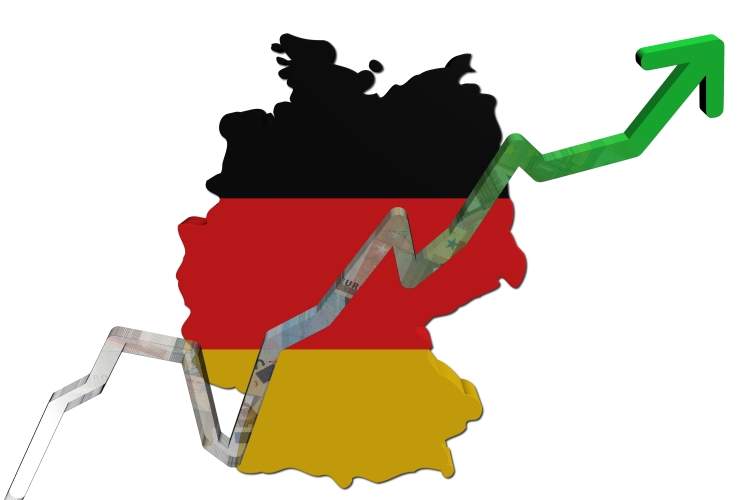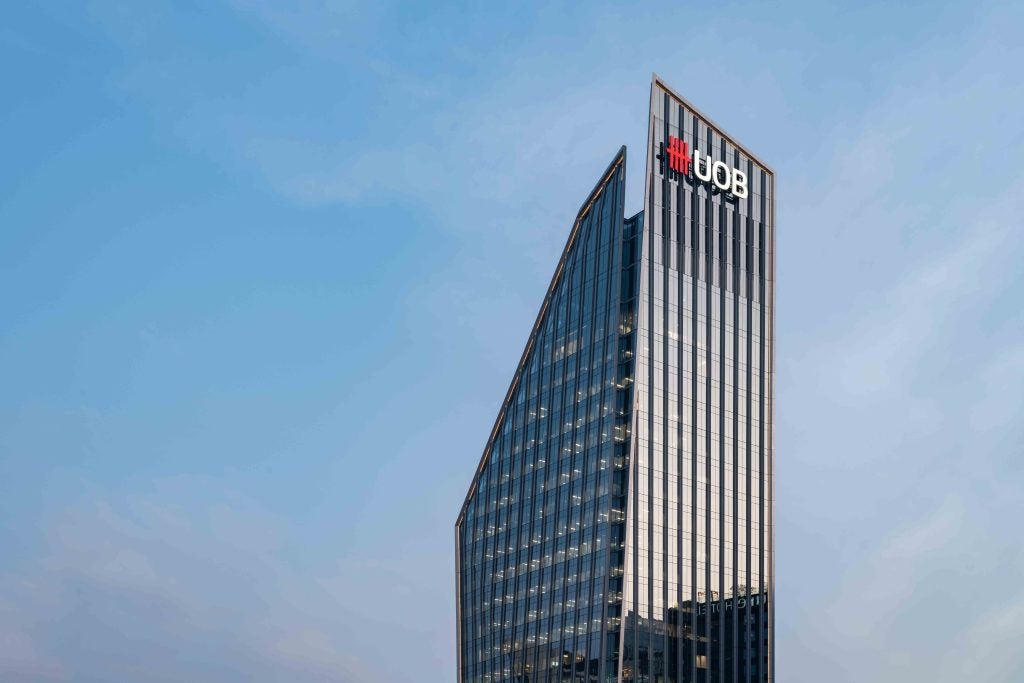
The wealth market in Germany, one that is typically conservative in nature, is braced to face a number of changes in 2018. This is particularly underlined by a greater desire of German high net worth (HNW) individuals to control more of their wealth, while reducing their costs.
This is a key message from the GlobalData report Wealth in Germany: HNW Investors 2017.
At present, discretionary mandates are the most popular form of wealth management, accounting for 51.7% of investment for German HNW clients.
Despite this being the most common investment, the GlobalData Report indicates a growing desire by German HNW investors to use advisory or execution-only services, where the wealth manager has less control in the process of investing the client’s wealth.
The data attributes the growing shift towards more client-controlled investments to the fact that investors now have confidence in their choices, and wish to avoid management fees.
Some 31.8% of German HNWs said they were more likely to use execution-only services, compared to 31.8% of its European counterparts.
Even though German HNW clients typically use an average of three wealth management firms, only a very low percentage of wealth managers felt the professional management of their portfolios actually led to more sophisticated investments being made.
Increase in risk appetite
German investors are conventionally more risk averse to equities, however, a growing appetite to earn higher returns means that 2018 will see a surge in equity investments.
HNW clients in 2012 will seek to diversify their portfolios further from poor bond yields.
Rising inflation and low interest rates across the globe have exacerbated returns on bond yields, making them less attractive to investors.
As a result, wealth managers believe that German HNW investors will be looking at cheap equities in volatile markets. The European Central Bank’s bond purchases in 2016, pushed bond prices higher, exerting downward pressure on yields. This caused the average German bond yield to turn negative, indicating that they were loss-making investments.
Currently, 36% of German HNW investors’ wealth is made up of equity. This is lower than a European average of 42%. Dividend payments are expected to rise as well, another factor contributing to greater appeal in equity investments.
Robo-advisors (or automated advice services) have been attracting a lot of public and media attention in Germany.
A recent Techfluence report found that there were 23 robo-advisors in Germany, the highest number in Europe.
It is therefore perhaps surprising that wealth managers are currently only experiencing weak demand from their HNW clients for these services. And while demand among HNWs for automated advice is low across Europe, in Germany it is notably lower.
However, it is important to note that many robo-advisors are start-ups or recent launches by existing banks. Wealth managers may not yet be experiencing demand for these services from their HNW clients as they simply lack an offering in this sector.
More fundamentally, the huge opportunities of robo-advice sit largely in spreading high-level asset management services to a wider audience, allowing a broader profile of retail investors to access capital markets.
Current offerings have largely been focused on their low cost and low initial investment amounts, targeting the mass affluent.
Global management consulting firm Oliver Wyman claims the key target group of tech-savvy over-35s are not yet dominant in the HNW sector, which also helps explain the current low levels of demand for robo-advice among this group.
While wealth managers may not currently be experiencing strong demand for automated investment services from their HNW clients, over a third feel that demand will increase over the next two years.
HNW investors will clearly continue to prefer personalized services and human contact, but the attraction of low management fees, along with growing levels of familiarity and comfort with automated advice services, will lead to increasing uptake.
Wealth managers should nevertheless view automated advice as an opportunity, not a threat, and establish an appropriate strategic response to this growing trend. Acquisitions, partnerships, and new launches are expected; 2016 saw the start of this trend with German private bank Hauck & Aufhäuser’s May acquisition of easyfolio, one of the largest local robo-advisors.
It should also be noted that while the current core customer base of automated advice services may not be the typical profile wealth managers are seeking to attract, many of these customers represent the HNW investors of the future.
Wealth managers with a robo-advice offering therefore have an opportunity to cover more of the customer lifecycle as affluent investors move into the HNW segment.
Rising demand for financial planning
The current demand for planning services is notably low, but this is expected to rise following the recent introduction of new inheritance tax rules.
Very strong demand was only seen by 8.3% of German wealth managers. Tax planning is exceptionally weak in the country with 83% of German wealth managers describing the demand was weak, significantly higher than the European average of 30%.
Some 83% of German wealth managers think that market volatility will cause wealth managers to seek professional advice to manage their wealth. This is higher than other parts of Europe, where 71.2% of wealth managers think more people will shift towards professionally managed portfolios.
This is presumably due to changes in inheritance tax rules that took place in September 2016.
As 90% of businesses in Germany are family-owned, the changes followed a call to revamp the system to eradicate any unfair tax advantages.
One particular change that took place was that anybody inheriting a company valued higher than €90m would no longer receive tax breaks, and those inheriting a company valued at higher than €26m would receive reduced leeway.
The method of valuing companies was also reformed with companies being valued at a maximum of 13.5 times, higher than 12, which was the initial proposal.
Future demand for wealth management in pension planning remained most muted.
Less than 15% of wealth managers expect there to be an increase in demand for pension planning services. Meanwhile, demand for financial planning is expected to rise by 54% and tax planning is expected to rise by almost 23%.
The typical German investor
Most German HNW individuals are family business owners or first generation entrepreneurs.
Most of German HNWs are family business owners and entrepreneurs. The nation is dominated by SMEs, accounting for 90% of the companies in the country, called the Mittelstand.
The Global Entrepreneurship and Development Institute ranked Germany 12th out of 132 countries in 2017 for the health of entrepreneurship ecosystems.
Given most businesses in Germany are family owned, most German HNWs are older. Some 40% of the German HNW population are made up of CEOs or chairpersons.
Most German HNW investors use an average of three wealth advisers.
How to succeed in Germany
It is clear that while the German market is one steeped in tradition, HNW investors are thirsty for change as they adapt to technological advances and a turbulent geopolitical climate.
In order for a wealth manager to thrive in Germany, they should focus on matching a growing demand in inheritance planning. German HNW individuals are ready more than before to take on more risk, reduce their bond investments in their portfolios, and invest into equity instead.
Even though discretionary mandates are the most common form of wealth management used by German HNW individuals, there is a desire for these individuals to reduce their costs, without completely eliminating human interaction in their decisions.
Wealth management firms should work in tandem with robo-advisers, and provide some element of the automated advice to meet the needs of the German market. 2018 could be a year of radical change in the market.
But for this to happen, the robo-advice needs to grow, not least because wealth managers expect it to rise, but because it can help reduce costs without completely abandoning discretionary services.







